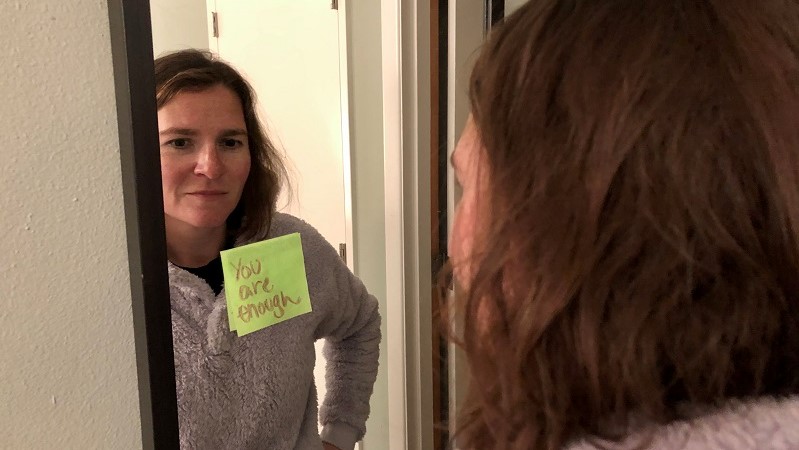Could I have done more? It’s one of those questions you ask yourself in moments of tragedy. It’s difficult to know which piece of advice, which kind word, which heroic gesture will make a difference, or if any of them will. So we’re often left with this feeling that there must have been more we could have done. We could have taken even more steps to prepare for this natural disaster. We could have seen more signs that this person was in need or in pain. We could have donated to just one more charitable cause.

Our Torah portion this week, Parshat Vayeshev, taps into this unique type of self-critique. We find ourselves in the thick of the Joseph story. Joseph has two dreams that he shares with his brothers, both of which make them angry with him. The brothers go out to pasture, Joseph finds them, the brothers decide to sell him, and father Jacob mourns for his “favorite son.” After this the story takes a turn to focus on Joseph’s brother Judah and the betrayal of Tamar before turning back to Joseph’s life in Egypt, which ultimately lands him in jail.
You may be familiar with how the brothers scheme against Joseph. However, Reuben, the eldest son, has a complicated role here. As Jacob’s first-born, Reuben must have known he would be held responsible for whatever happened to Joseph, yet Joseph was the first-born of Jacob’s favorite wife Rachel, and that likely set up Joseph and Reuben as chief rivals. We know Reuben doesn’t want to kill Joseph, like his brothers, and in fact he tries to step in and save him. And when he presumes that his interfering has been in vain because it appears that Joseph has died anyway, Reuben despairs.
Reuben mourns Joseph and possibly feels he didn’t do enough to save him. We don’t find out until later that it’s because of this turn of events that Joseph is able to become a great leader in Egypt and eventually saves his family. The S’fat Emet, a late 19th century Polish commentator, shares “Often, we despair that the good deeds we have done have made no difference, when in fact they have made a great difference.”
Parshat Vayeshev and Reuben’s actions remind us that grand gestures and small acts have the same power in changing the trajectory of any situation. I’m not suggesting that all tragedies have to have a silver lining or that we shouldn’t feel sorrow or regret. What I’m suggesting is that ultimately time and perspective will win out. Was there more Reuben could have done in the moment? Perhaps. Looking at individual actions, it’s easy to dwell on mistakes and assume “too little too late.” In reality, though, each little contribution, no matter how big or small, can make a difference.



